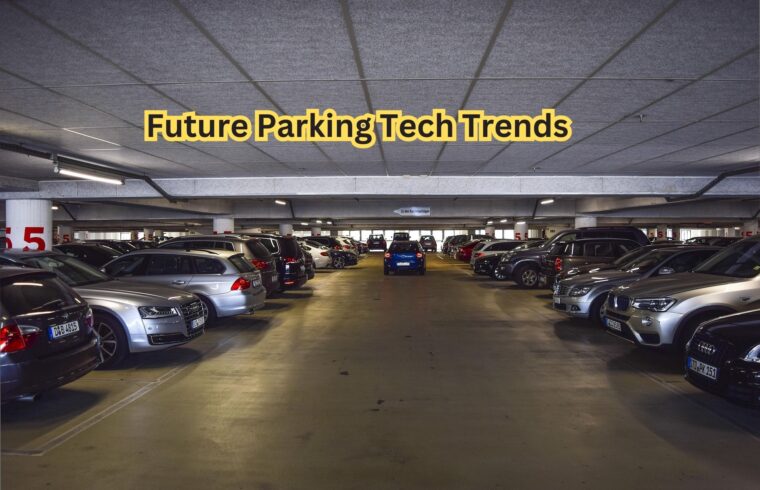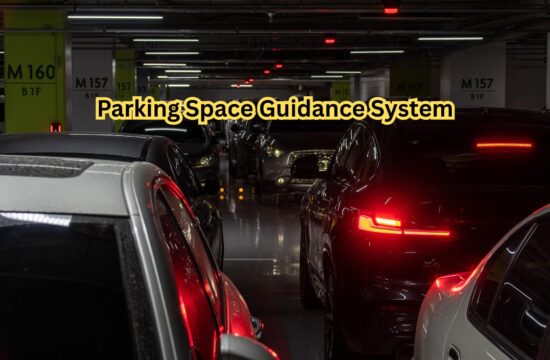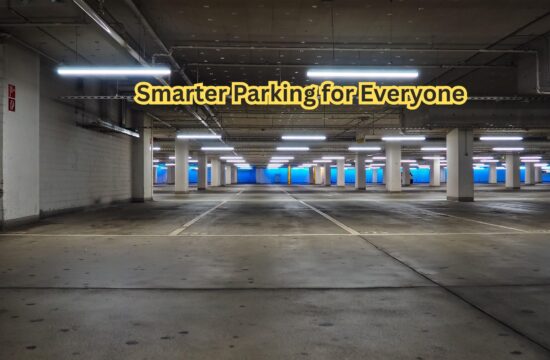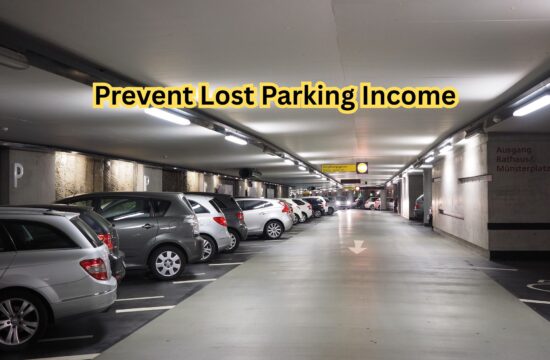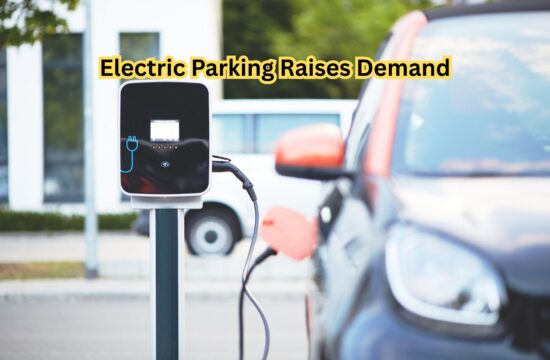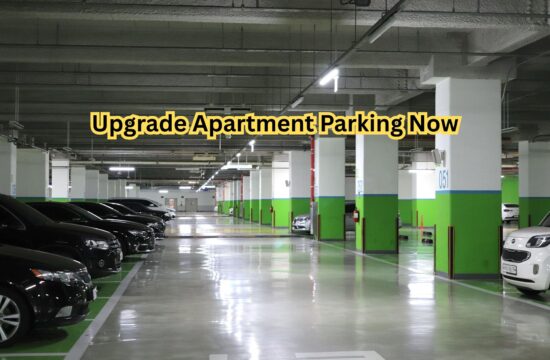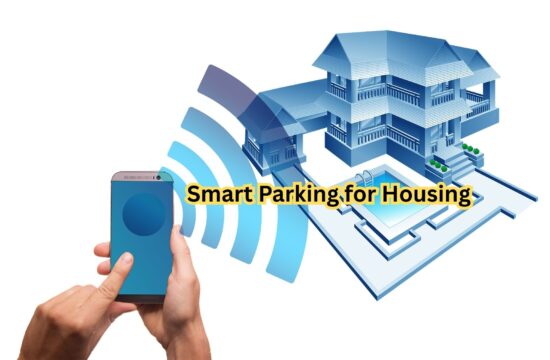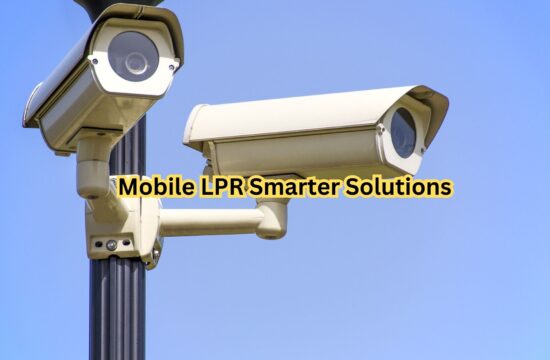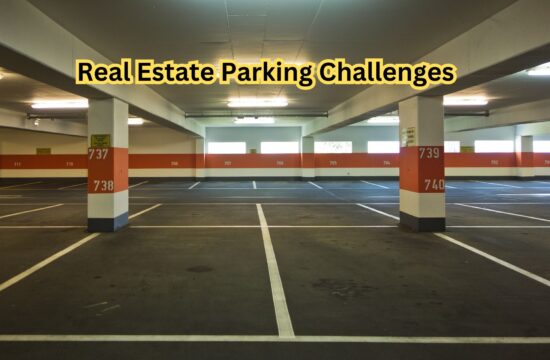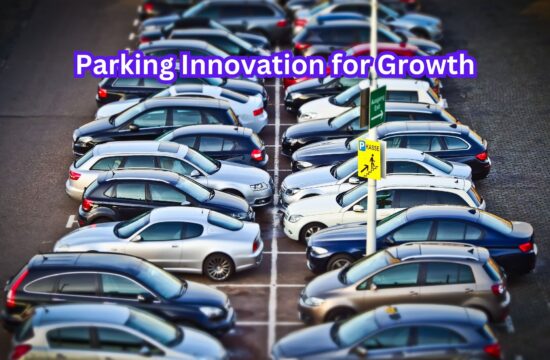Future Parking Tech Trends IoT sensors, artificial intelligence, and real-time data are all used by smart parking systems to effectively direct cars to open spots. Future Parking Tech Trends show how these technologies maximize parking management by lowering traffic, saving time, and improving urban mobility. As Future Parking Tech Trends continue to evolve, they make parking more practical and effective while also reducing emissions, enhancing traffic flow, and improving the driving experience in urban areas.
Automated Parking Garages
Robotic or automated parking garages efficiently park cars without the need for human involvement by using mechanical lifts and conveyors. By making use of small areas, easing traffic, and increasing parking capacity, these systems optimize land use. They provide a clever, practical, and cutting-edge answer to urban parking problems by increasing space efficiency and simplifying operations.
AI-Powered Enforcement
By automating ticketing procedures and monitoring parking infractions, AI-based enforcement systems help authorities ensure effective compliance and lower manual mistake rates. These systems improve accuracy, reduce conflicts, and expedite enforcement by utilizing real-time data and sophisticated algorithms. Cities can increase revenue collection, manage parking better, and create a more orderly urban environment by utilizing AI.
EV Charging Integration
Parking lots are adding EV charging stations in response to the growing popularity of electric vehicles in an effort to improve convenience and encourage environmentally friendly mobility. These intelligent charging stations lower carbon emissions, promote broader EV use, and help green energy programs. Parking facilities are adapting to the increasing demand for environmentally friendly mobility options by including cutting-edge charging technology.
Mobile App Parking Solutions
Mobile apps enable users to find, book, and pay for parking in advance, ensuring a hassle-free experience while reducing traffic congestion from spot searching. These apps provide real-time availability, secure payments, and navigation assistance, enhancing convenience for drivers. By streamlining the parking process, they contribute to smarter urban mobility and more efficient space utilization.
Contactless Payment & Digital Permits
The shift to contactless payments and digital permits enhances convenience and security by eliminating cash transactions and physical permits. This transition streamlines parking management, reduces fraud, and speeds up entry and exit processes. With secure digital solutions, drivers enjoy a seamless experience, while authorities benefit from improved efficiency and reduced administrative costs in parking operations.
License Plate Recognition (LPR) Technology
License Plate Recognition (LPR) systems automate entry and exit processes, ensuring faster and more secure parking access without the need for physical tickets or cards. These systems enhance efficiency, reduce congestion, and minimize operational costs. By integrating real-time data and automation, LPR technology improves convenience for drivers while streamlining parking management for operators.
Conclusion
Efficiency, ecology, and technology will drive parking in the future. The way we park is changing as a result of innovations like EV charging integration, smart parking systems, and AI-powered enforcement. These developments will ease traffic, enhance user convenience, and promote a greener environment as cities continue to change. Smarter and more effective urban mobility will result from using these technologies.

